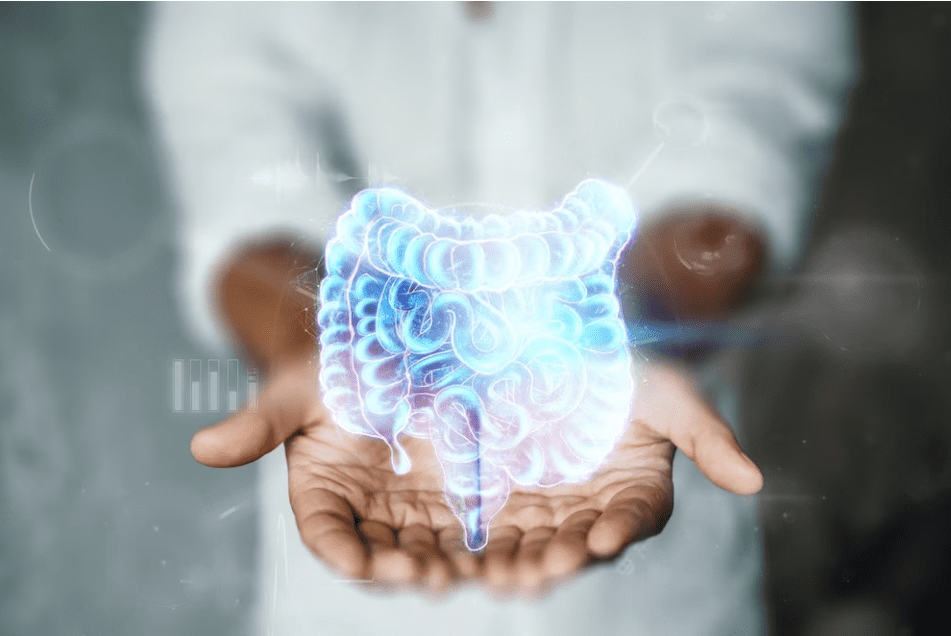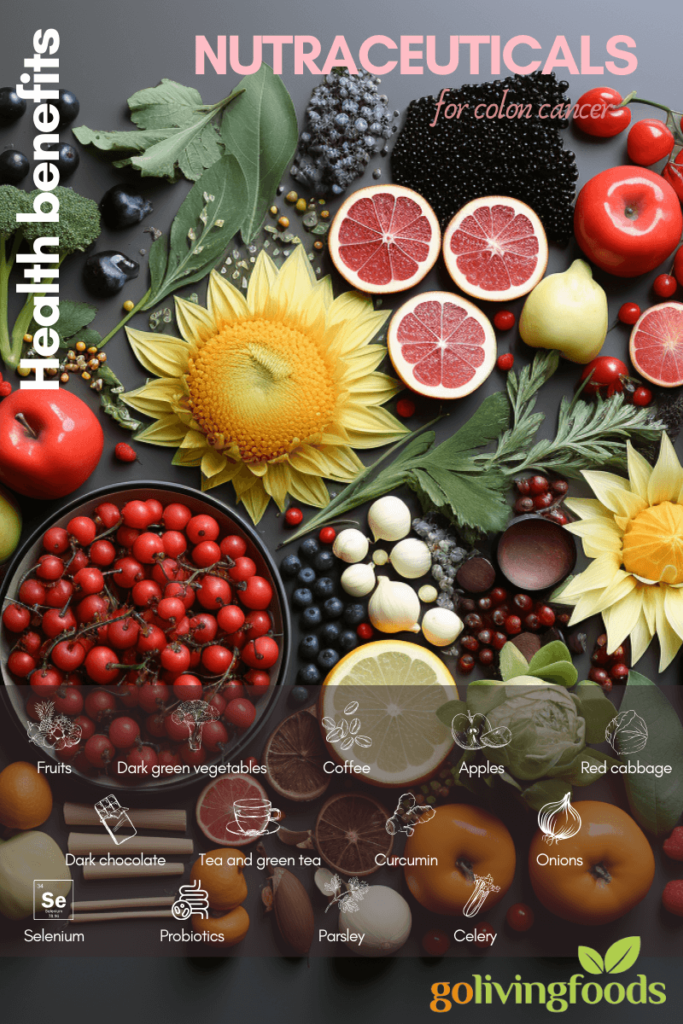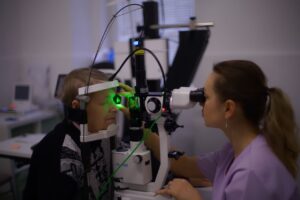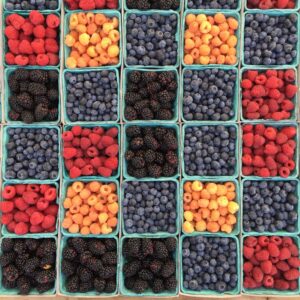Nutraceuticals: A Promising Approach to Preventing Colon Cancer

Cancer, a chronic disease and the second leading cause of death in the US, has devastating effects on individuals, families, and economies. In 2015, cancer-related costs in the US alone reached $80.2 billion, with a significant portion allocated to hospital visits and stays. While treating cancer is crucial, prevention through nutraceuticals can help reduce suffering and mortality. Researchers tirelessly work to combat the prevalence of cancer, including colon cancer. Learn more about its risks and preventive measures ahead.
What is the Deal About Colon Cancer?
Colon cancer is a significant concern, with an estimated 147,950 new cases reported in the US in 2020. It accounts for 8.2% of all new cancer cases. The CDC (Centers of Disease Control and Prevention) reveals that there are 37 new cases of colon and rectum cancer per 100,000 individuals, resulting in 14 deaths per 100,000. It is among the most prevalent types of cancer in the US, with a mortality rate that rises with age. Prevention and early detection are crucial in the treatment of colon cancer.
What is Colon Cancer?
Colon cancer, as the name suggests, originates in the colon (large intestine), which is the final part of the digestive tract. When the disease involves the rectum as well, it is referred to as colorectal cancer. Colon cancer can affect individuals of any age, although it is more common during middle age, and it can occur in both males and females. The disease begins with the formation of small clusters of cells called polyps, which develop as benign growths on the inner lining of the colon. Over time, these polyps have the potential to become cancerous.
During the early stages, small polyps may not cause noticeable symptoms. This is why this stage is considered screenable, and early detection and removal of these polyps can significantly reduce the risk of cancer development. Genetic mutations in the cells of the large intestine are often attributed to the cause of colon cancer. Individuals with a family history of the disease are at a higher risk of developing it. Other risk factors include:
How May Dietary Supplements Help Prevent Colon Cancer?
Identifying risk factors for colon cancer is crucial because it allows for targeted modifications that can reduce the risk of developing the disease. While genetic factors and race cannot be changed, other risk factors such as diet can be modified. Diet plays a significant role in increasing or decreasing the risk of colon cancer, and fortunately, it is a modifiable factor.
Incorporating dietary supplements and other beneficial factors can help prevent the progression of benign polyps to cancerous stages. To learn more about which dietary supplements can aid in the prevention of colon cancer, continue reading.
1. Vitamin B9 (Folic acid)
Folic acid, also known as folate, is a vitamin that dissolves in water. It is mainly found in fruits and dark green vegetables. Including dietary sources of this vitamin in your meals is crucial because our bodies cannot produce it. Folic acid is believed to play a role in reducing the risk of cancer in several ways. It contributes to the synthesis and repair of DNA, as well as the methylation process of DNA.
Since genetic mutations at the DNA level are considered a probable cause of colon cancer, folic acid helps regulate these processes and may support normal cell function. Researchers conducted studies on patients with ulcerative colitis and found that folic acid supplementation reduced the risk of colon cancer (5). This discovery prompted further investigation into the potential role of the vitamin in preventing colorectal cancer. It was hypothesized that a deficiency of folate in our diet increased the risk of developing colorectal cancer (6).
Data from the Nurses’ Health Study provided compelling results (7). Observations revealed that a high intake of dietary folate had a beneficial effect on reducing the risk of colorectal cancer. Follow-up studies on the same group confirmed these earlier findings. Women who consumed 400 micrograms of folate through multivitamin supplementation showed a lower risk of colon cancer.
In summary, folic acid, obtained from dietary sources and supplements, is associated with a reduced risk of colon cancer. Its involvement in DNA processes and the prevention of folate deficiency contribute to its potential protective effects against colorectal cancer.
2. Polyphenols
Dark chocolate, tea, coffee, and green tea are not only delicious treats but also offer health benefits supported by scientific evidence. These foods are rich in polyphenols, which are natural compounds found in plant-based foods. Polyphenols are known for their powerful antioxidant properties, enabling them to combat harmful free radicals in our bodies. By neutralizing free radicals, polyphenols help prevent cell damage and the initiation of disease processes.
The potential protective effects of polyphenols against cancer, particularly colorectal cancer, have been a subject of extensive research. Numerous animal studies and human studies have demonstrated the beneficial role of polyphenols in reducing the risk of colorectal cancer (8). Some well-known polyphenols and their contributions to colon cancer prevention include:
Curcumin: Turmeric’s active compound, curcumin, possesses powerful antioxidant, anti-inflammatory, and anti-cancer properties. It inhibits tumor cell growth and induces cell death, making it effective against cancer cells (9, 10).
Flavonoids: Flavonoids make up a significant portion of polyphenols, with quercetin, kaempferol, catechins, and anthocyanins being common examples. Foods like apples, onions, dark chocolate, and red cabbage are rich in flavonoids. Several flavonoids have shown potential in protecting against colon cancer, such as:
Green tea contains flavanols like catechin and epicatechin, which have demonstrated promising effects in reducing the risk of colorectal cancer. A study involving Chinese women found a 40% risk reduction in colorectal cancer among those who consumed green tea. Green tea flavonoids inhibit cancer cell metastasis, impeding the growth and spread of cancer (12, 13).
Coffee contains numerous antioxidants and anti-mutagenic compounds that can inhibit gene mutations, a known cause of colon cancer. Several studies have shown a decreased risk of colon cancer associated with coffee consumption (14, 15). While some variations exist based on geographical location, overall results are encouraging, and further research may provide more conclusive evidence.

3. Selenium
Numerous studies have indicated that selenium supplementation is associated with a decreased risk of colon cancer. For instance, a study found that including selenium-enriched brewer’s yeast as a dietary supplement resulted in a 50% reduction in colon cancer incidence (16). Selenium possesses strong antioxidant properties, but further research is needed to fully understand its anti-cancer effects.
4. Gut Microbiomes
The symbiotic relationship between our bodies and the bacteria in our gut is crucial for maintaining gut integrity and function. Ongoing research investigates the potential protective role of these gut bacteria in colon cancer.
Inulin-type fructans, a type of carbohydrate found in our diet, serve as an energy source. The gut microbiome, responsible for the digestion and absorption of 90% of these fructans, produces Short-chain fatty acids as a result of their metabolism. These fructans have several beneficial effects, including reducing the number of aberrant crypt foci (ACF), which are markers for colon cancer in animal models. They also influence the activity of natural killer cells and decrease the likelihood of normal cells transforming into cancer cells. This is achieved by promoting the growth of Lactobacilli, a probiotic bacteria that plays a vital role in maintaining gut integrity and reducing inflammation.
Short-chain fatty acids selectively promote the growth of beneficial bacteria like Lactobacilli, while inhibiting the growth of disease-causing bacteria. These probiotic bacteria also stimulate folate synthesis in our bodies. Human trials have demonstrated the beneficial effects of Probiotics in reducing DNA damage in the intestinal mucosa and decreasing the occurrence of benign polyps in the colon. The low proliferation rate observed in the colon is a positive indicator for colon cancer prevention.
Takeaway
Our fast-paced lifestyles have led to an increase in the consumption of processed and ready-made foods, which often lack the fiber-rich fruits, vegetables, and whole grains that are important for a healthy diet. As a result, the incidence of colon cancer is on the rise in both men and women. While it is necessary to make changes to our dietary habits, incorporating nutraceutical supplements can also play a role in reducing the risk of developing colon cancer. Scientific evidence supports the use of dietary supplements in lowering the likelihood of this disease. Therefore, it is crucial for us to prioritize the inclusion of dietary supplements in our meal plans to protect our health.






